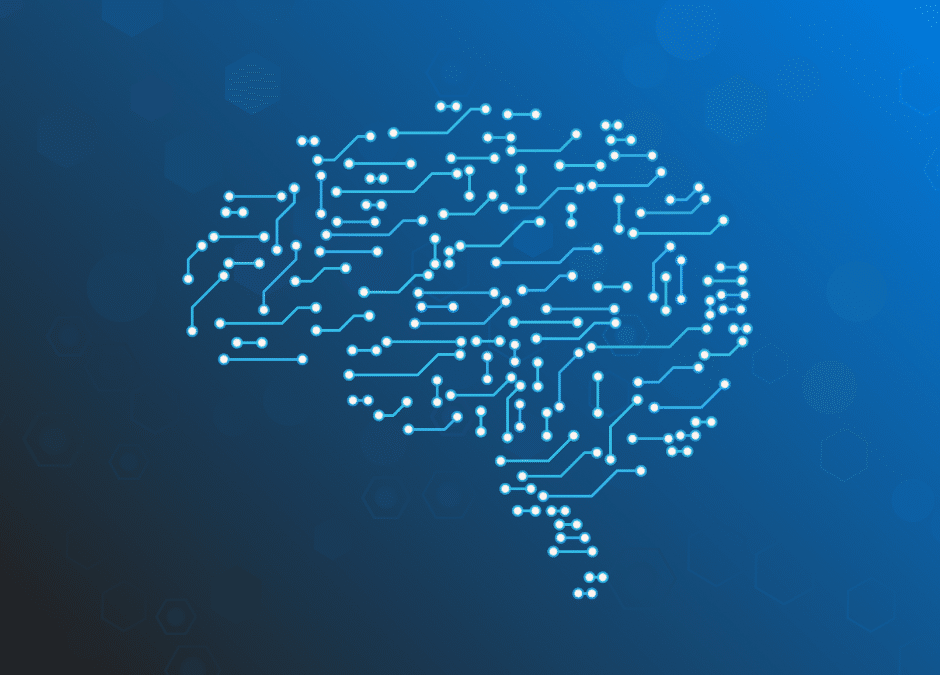When we think about AI, many of us picture a grim West World-esque scenario where free-thinking, sentient robots violently rise up to destroy humankind. Others more realistically fear a loss of jobs, devastating effects of hacking, greater disparities between the wealthy and the poor, and abusive surveillance or data use. Some, on the other hand, believe that AI will only make our lives better, faster, and more convenient.
Whether the future of AI excites you or disturbs you, it is coming. Read on to discover what might be in store!
1.Our technology will eventually become smarter than us.
One popular futurist, Ray Kurzweil, predicts that we will begin creating computer systems and robots with greater intelligence than human beings by 2045. This point of evolution is known as the Singularity.
From that point, our computer programs will continue to increase in intelligence. Using big data, these programs will be able to analyze massive amounts of information, identify trends, and potentially use that knowledge to solve some of the world’s biggest problems, such as hunger, overpopulation, climate change, diseases, etc.
2. AI assistants will actually become useful.
Voice-based assistants like Apple Siri, Amazon Alexa, and Google Assistant have become increasingly common in our homes. Tech professionals are predicting that their usage will not only become more useful in the home, but also in the workplace.
Not only can these devices do simple tasks like manage our reminders, calendars, and meetings, but they also will likely obtain abilities to quickly provide data or information to their users. For instance, in theory, if you are making a presentation to your company and need to know the company’s sales in the third quarter, you could ask Amazon Alexa for that information right in the middle of the meeting.
These virtual assistants will become even more useful as they learn to anticipate our behaviors and understand our habits.
3. In the immediate future at least, AI will create more jobs than it takes.
Much has been speculated about the future of AI and whether employees across the globe will lose their jobs to computers and robots. While this may be the case for some industries, like manufacturing, many reports have shown that the AI-related jobs created over the next decade will surpass the amount of jobs displaced by automation.
4. Our reality will be further mixed with the virtual.
In the future, it could be increasingly difficult for humans to understand what is real and what only appears to be real. Virtual reality, augmented reality, and mixed reality have high potentials for growth, and we will likely see them used for many different purposes in the coming years.
5. AI and automation will become more deeply involved in your business.
Over the next few years, many predict that AI will become a bigger part of businesses in almost every industry. For instance, predictive technology and machine learning algorithms can help retailers target customers or assist manufacturers in calculating how much stress certain machinery can handle.
Logistical decisions will likely become increasingly informed by automation. Because of this, AI may soon branch out into other functions such as HR, supply chains, and compliance and legal issues.
Here at Everest, we’re excited about the future of AI. We use solutions involving AI, robotic process automation, and digital process automation to help companies cut costs, save time, and increase productivity.
To learn more, call us at 503-496-7723 to speak to a member of the Everest team!


